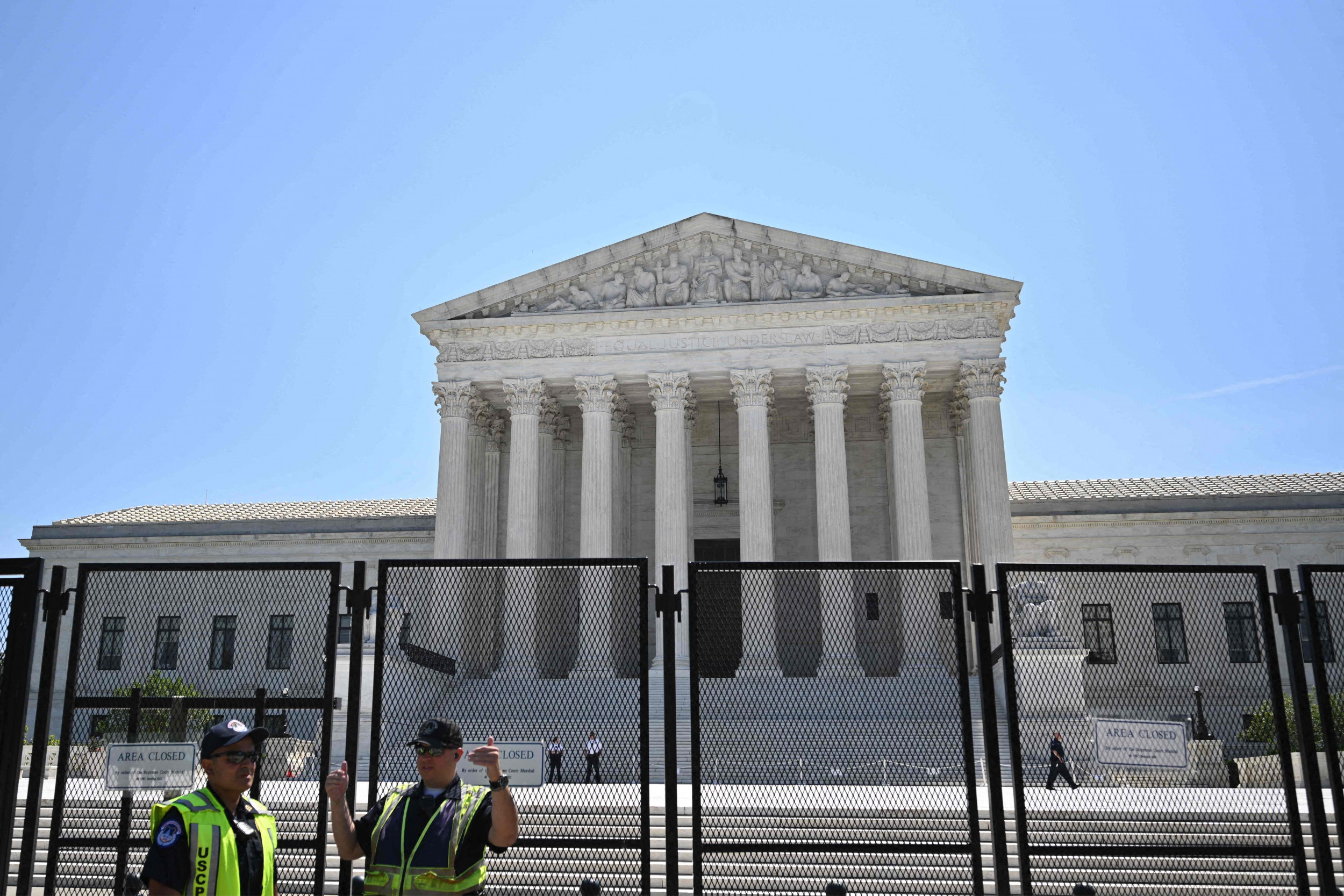Comrade Ceasefire
Simmer slowly
Here are two statements I read yesterday.
(a) Nearly 50,000 voters in Wisconsin’s Democratic presidential primary just cast ballots for nobody. In state after state, the voters Joe Biden needs are registering their fury about US support for Israel's war on Gaza by voting “uncommitted.”
(b) Simultaneously, uncommitted got an even higher percentage of the vote in solid blue Rhode Island — remarkable since there was very little organized effort there to campaign for that outcome.
There are a few things that I'm confused about.
1. I have not seen any exit type polls where those who voted "nobody" responded that they definitely voted that way because of Biden's inaction.
So, is it mostly wishful thinking, a convenient political grab on the part of those groups who support the Palestinian cause in Gaza?
2. I cannot accept without more evidence that it should also automatically apply to Rhode Island, where there was no organized effort.
Could it not just as easily be because of concerns about Biden's age, or some other, perhaps more local issue?
3. I accept that the numbers voting "nobody" or "uncommitted" are significantly greater than in previous years. (And that they are small states.)
But are presidential primaries a highly significant indicator of voter intent come November?
For the record...
Statements (a) and (b) came from Jacobin, which I know perfectly well represents a miniscule number in the US! They were just conveniently sequential there for the purposes of my questions. I have read and heard that Gaza is a thorn for Biden elsewhere, e.g. podcasts like (GOP's) The Bulwark, (Dem's) Pod Save America etc.
The actual issues in Gaza are not important to my questions.
(a) Nearly 50,000 voters in Wisconsin’s Democratic presidential primary just cast ballots for nobody. In state after state, the voters Joe Biden needs are registering their fury about US support for Israel's war on Gaza by voting “uncommitted.”
(b) Simultaneously, uncommitted got an even higher percentage of the vote in solid blue Rhode Island — remarkable since there was very little organized effort there to campaign for that outcome.
There are a few things that I'm confused about.
1. I have not seen any exit type polls where those who voted "nobody" responded that they definitely voted that way because of Biden's inaction.
So, is it mostly wishful thinking, a convenient political grab on the part of those groups who support the Palestinian cause in Gaza?
2. I cannot accept without more evidence that it should also automatically apply to Rhode Island, where there was no organized effort.
Could it not just as easily be because of concerns about Biden's age, or some other, perhaps more local issue?
3. I accept that the numbers voting "nobody" or "uncommitted" are significantly greater than in previous years. (And that they are small states.)
But are presidential primaries a highly significant indicator of voter intent come November?
For the record...
Statements (a) and (b) came from Jacobin, which I know perfectly well represents a miniscule number in the US! They were just conveniently sequential there for the purposes of my questions. I have read and heard that Gaza is a thorn for Biden elsewhere, e.g. podcasts like (GOP's) The Bulwark, (Dem's) Pod Save America etc.
The actual issues in Gaza are not important to my questions.

